Immunity
How to submit an article:
- Registered users can submit any published journal article that has a unique DOI (Digital Object Identifier) name or link to Research Hub.
- For example, you can paste the full DOI link:
https://doi.org/10.1109/5.771073or just the DOI name:10.1109/5.771073into the field above and click submit. - The person who is first to submit a valid article to Research Hub will forever be credited for it, and every article submission earns you +6 Research Points.
Related Topics
Published research studies are articles that present the findings of original research that has undergone a peer-review process and has been made publicly available in scholarly journals, books or other media.

Potential Mechanisms of Guizhi Fuling Wan in Treating Endometriosis: An Analysis Based on TCMSP and DisGeNET Databases
2024 Jul Journal of Ethnopharmacology Yee JL, Huang CY, Yu YC, Huang SJ
Systematic Review Endometriosis Gui Zhi Fu Ling WanGuizhi Fuling Wan, a traditional Chinese herbal formula, can inhibit endometriosis growth and enhance the effects of western medicines used to treat the condition.

Repairing the intestinal mucosal barrier of traditional Chinese medicine for ulcerative colitis: a review
2023 Oct 24 Frontiers in Pharmacology Zong Y, Meng J, Mao T, Han Q, Zhang P, Shi L
Theoretical Article Review Article Ulcerative ColitisTraditional Chinese medicine has been found to effectively treat ulcerative colitis by repairing various components of the damaged intestinal mucosal barrier.
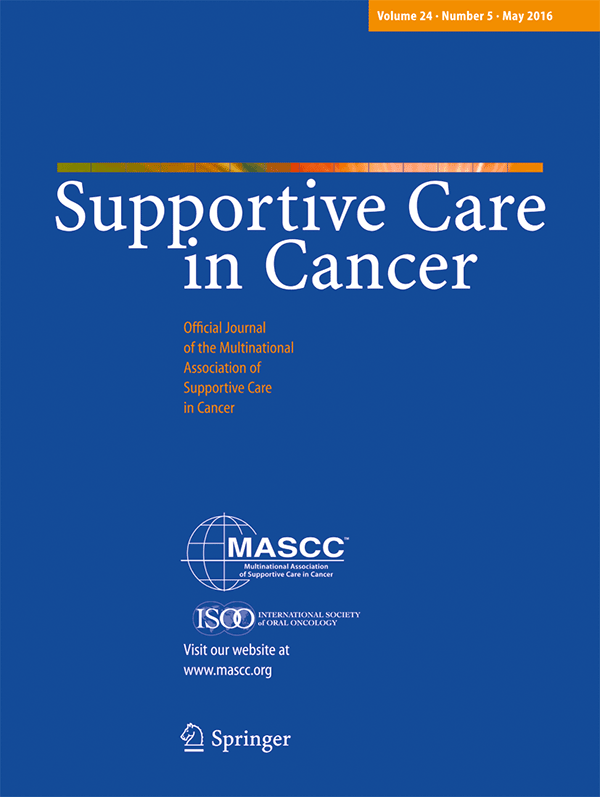
Acupuncture improves immunity and fatigue after chemotherapy in breast cancer patients by inhibiting the Leptin/AMPK signaling pathway
2023 Aug 05 Supportive Care in Cancer Li J, Fu R, Guo X, Pan Z, Xie J
The Leptin/AMPK signaling pathway is identified as a key molecular pathway affecting fatigue after chemotherapy in breast cancer patients; acupuncture treatment effectively improves post-chemotherapy fatigue, immune status, and reduces mitochondrial DNA mutations.
Experimental Study Clinical Study
An analysis of the nutritional effects of Schisandra chinensis components based on mass spectrometry technology
2023 Jul 25 Frontiers in Nutrition Jia M, Zhou L, Lou Y, Yang X, Zhao H, Ouyang X, et al.
The review highlights the potential nutritional effects of S. chinensis, including its role in enhancing immunity, acting as an antioxidant, anti-allergen, antidepressant, and anti-anxiety agent, as well as its ability to improve memory, cognitive function, and metabolic imbalances. Advanced mass spectrometry detection technologies have the potential to discover new nutritional components and verify the effects of different extraction methods. This review provides guidelines for further research on the nutritional value of S. chinensis and the development of healthy food products.
Review Article Wu Wei Zi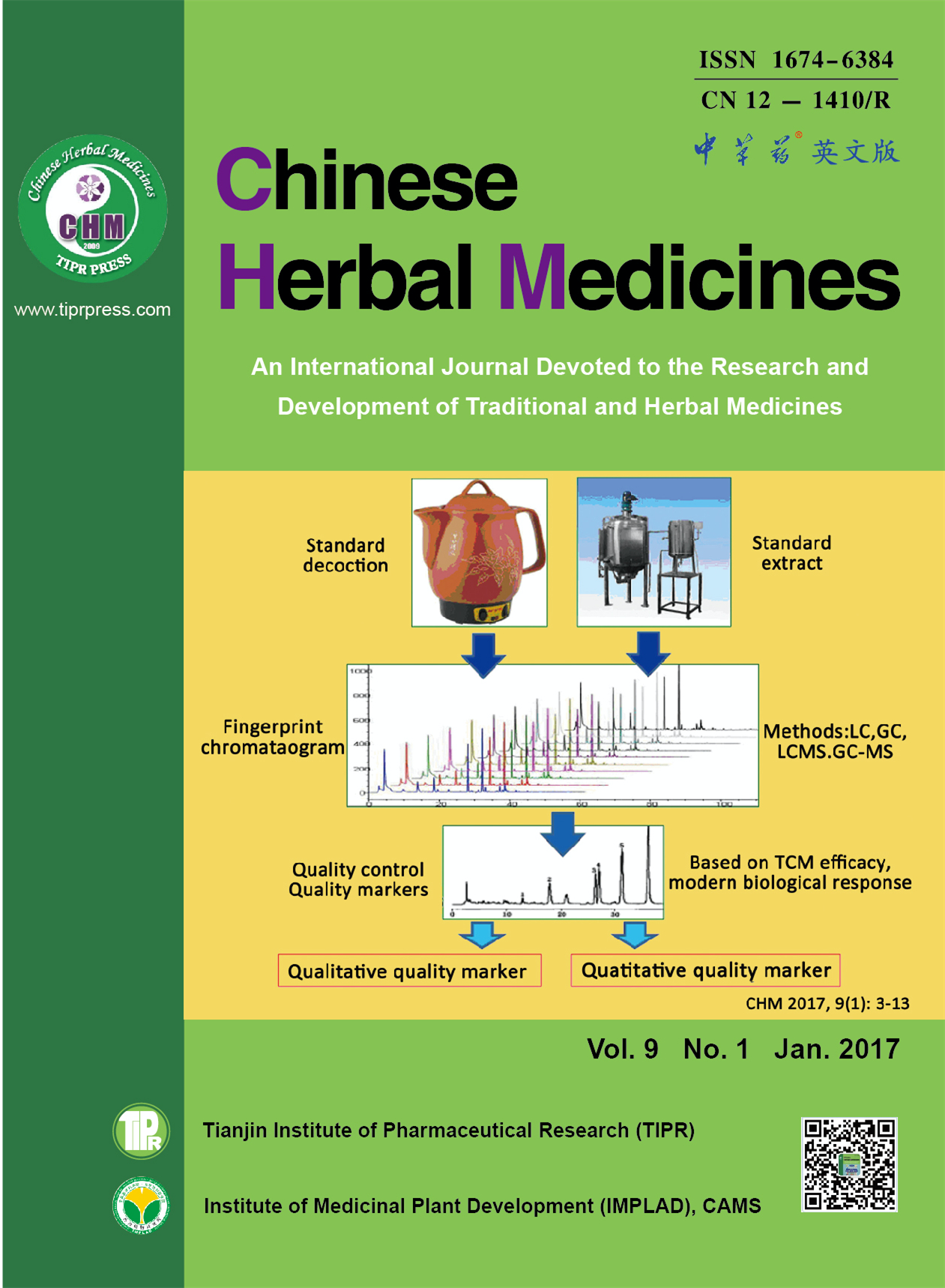
Chinese herbal medicines for treating ulcerative colitis via regulating gut microbiota-intestinal immunity axis
2023 Apr Chinese Herbal Medicines Yang Y, Wang Y, Zhao L, Wang F, Li M, Wang Q, et al.
Review Article Gut Microbiota Ulcerative ColitisChinese herbal medicines could potentially relieve ulcerative colitis by moderating the gut microbiota and intestinal immunity loop.
Research insights are moderated by the Research Hub team and offer an at-a-glance overview of interesting research findings.

2024 Journal of Ethnopharmacology
Guizhi Fuling Wan, a traditional Chinese herbal formula, can inhibit endometriosis growth and enhance the effects of western medicines used to treat the condition.
Systematic Review Endometriosis Gui Zhi Fu Ling Wan
Potential Mechanisms of Guizhi Fuling Wan in Treating Endometriosis: An Analysis Based on TCMSP and DisGeNET Databases
Yee JL, Huang CY, Yu YC, Huang SJ

2023 Frontiers in Pharmacology
Traditional Chinese medicine has been found to effectively treat ulcerative colitis by repairing various components of the damaged intestinal mucosal barrier.
Theoretical Article Ulcerative Colitis
Repairing the intestinal mucosal barrier of traditional Chinese medicine for ulcerative colitis: a review
Zong Y, Meng J, Mao T, Han Q, Zhang P, Shi L

2023 Chinese Herbal Medicines
Chinese herbal medicines could potentially relieve ulcerative colitis by moderating the gut microbiota and intestinal immunity loop.
Review Article Gut Microbiota Ulcerative Colitis
Chinese herbal medicines for treating ulcerative colitis via regulating gut microbiota-intestinal immunity axis
Yang Y, Wang Y, Zhao L, Wang F, Li M, Wang Q, et al.
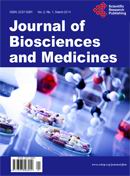
2023 Journal of Biosciences and Medicines
Noni fruit juice enhances immune system function, primarily by boosting natural killer cell activity and increasing interferon-gamma production, which promotes phagocytosis.
Review Article Antioxidant Noni
The Influence of Noni Fruit Juice on Immune System Function
West BJ, Uwaya A, Isami F, Tomida N, Swartz F, Deng S, et al.
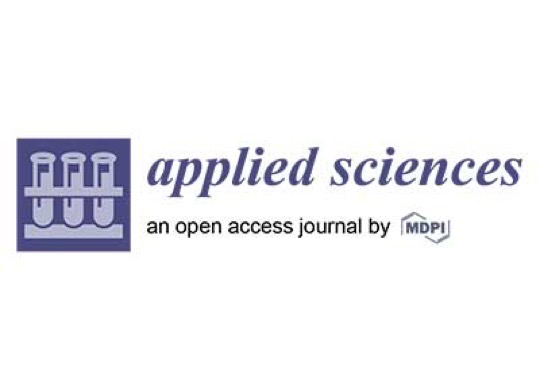
2022 Applied Sciences
Honey, owing to its bioactive compounds, demonstrates potential in treating COVID-19 symptoms by reducing oxidative damage and enhancing the immune system.
Review Article Anti-Inflammatory Antioxidant COVID-19 Honey
Honey as an Adjuvant in the Treatment of COVID-19 Infection: A Review
Soares S, Bornet M, Grosso C, Ramalhosa MJ, Gouvinhas I, Garcia J, et al.
Review Articles
Review articles summarise and critically evaluate the current state of research on a specific topic or field by synthesising multiple primary research studies.

Potential Mechanisms of Guizhi Fuling Wan in Treating Endometriosis: An Analysis Based on TCMSP and DisGeNET Databases
2024 Jul Journal of Ethnopharmacology Yee JL, Huang CY, Yu YC, Huang SJ
Systematic Review Endometriosis Gui Zhi Fu Ling WanGuizhi Fuling Wan, a traditional Chinese herbal formula, can inhibit endometriosis growth and enhance the effects of western medicines used to treat the condition.

Repairing the intestinal mucosal barrier of traditional Chinese medicine for ulcerative colitis: a review
2023 Oct 24 Frontiers in Pharmacology Zong Y, Meng J, Mao T, Han Q, Zhang P, Shi L
Theoretical Article Review Article Ulcerative ColitisTraditional Chinese medicine has been found to effectively treat ulcerative colitis by repairing various components of the damaged intestinal mucosal barrier.

An analysis of the nutritional effects of Schisandra chinensis components based on mass spectrometry technology
2023 Jul 25 Frontiers in Nutrition Jia M, Zhou L, Lou Y, Yang X, Zhao H, Ouyang X, et al.
The review highlights the potential nutritional effects of S. chinensis, including its role in enhancing immunity, acting as an antioxidant, anti-allergen, antidepressant, and anti-anxiety agent, as well as its ability to improve memory, cognitive function, and metabolic imbalances. Advanced mass spectrometry detection technologies have the potential to discover new nutritional components and verify the effects of different extraction methods. This review provides guidelines for further research on the nutritional value of S. chinensis and the development of healthy food products.
Review Article Wu Wei Zi
Chinese herbal medicines for treating ulcerative colitis via regulating gut microbiota-intestinal immunity axis
2023 Apr Chinese Herbal Medicines Yang Y, Wang Y, Zhao L, Wang F, Li M, Wang Q, et al.
Review Article Gut Microbiota Ulcerative ColitisChinese herbal medicines could potentially relieve ulcerative colitis by moderating the gut microbiota and intestinal immunity loop.

The Influence of Noni Fruit Juice on Immune System Function
2023 Jan Journal of Biosciences and Medicines West BJ, Uwaya A, Isami F, Tomida N, Swartz F, Deng S, et al.
Review Article Antioxidant Immunity NoniNoni fruit juice enhances immune system function, primarily by boosting natural killer cell activity and increasing interferon-gamma production, which promotes phagocytosis.
Clinical Trials
Clinical trials are research studies that involve people and are conducted to evaluate the safety and efficacy of new treatments or interventions, such as drugs, medical devices, or behavioural therapies.
Study Protocols
Published study protocols are detailed plans that outline the objectives, methodology, statistical analyses, and organisation of a research study that have been made publicly available for others to review and use as a reference.
Presentation Slides

Systematic Review
Guizhi Fuling Wan, a traditional Chinese herbal formula, can inhibit endometriosis growth and enhance the effects of western medicines used to treat the condition.
Yee JL, Huang CY, Yu YC, Huang SJ

Theoretical Article
Traditional Chinese medicine has been found to effectively treat ulcerative colitis by repairing various components of the damaged intestinal mucosal barrier.
Zong Y, Meng J, Mao T, Han Q, Zhang P, Shi L

Review Article
Chinese herbal medicines could potentially relieve ulcerative colitis by moderating the gut microbiota and intestinal immunity loop.
Yang Y, Wang Y, Zhao L, Wang F, Li M, Wang Q, Luo H, Zhao Q, Zeng J, Zhao Y, Du F, Chen Y, Shen J, Wei S, Xiao Z, Wu X

Review Article
Noni fruit juice enhances immune system function, primarily by boosting natural killer cell activity and increasing interferon-gamma production, which promotes phagocytosis.
West BJ, Uwaya A, Isami F, Tomida N, Swartz F, Deng S, Cox-Lovesy B

Review Article
Honey, owing to its bioactive compounds, demonstrates potential in treating COVID-19 symptoms by reducing oxidative damage and enhancing the immune system.
Soares S, Bornet M, Grosso C, Ramalhosa MJ, Gouvinhas I, Garcia J, Rodrigues F, Delerue-Matos C

Review Article
Cherries and blueberries, rich in phenolic compounds, can be effectively used in pharmaceutical products, smart foods, functional beverages, and nutraceuticals to prevent or treat diseases.
Gonçalves AC, Nunes AR, Flores-Félix JD, Alves G, Silva LR

Experimental Study
The Chaihu Shugan Formula, a traditional Chinese medicine, not only effectively modulates intestinal gut microbiota but also strengthens gut barrier integrity and contains powerful anti-inflammatory properties.
Liu L, Lu Y, Xu C, Chen H, Wang X, Wang Y, Cai B, Li B, Verstrepen L, Ghyselinck J, Marzorati M, Yao Q
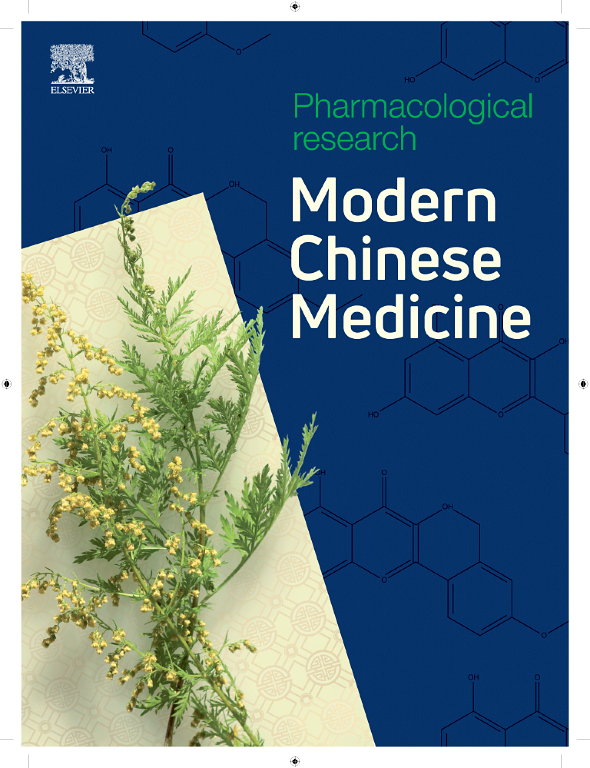
Review Article
The Jing Si Herbal Drink, composed of various antiviral, antioxidant and anti-inflammatory herbs, has been confirmed as potentially effective in treating COVID-19 symptoms.
Lu PH, Tseng CW, Lee JL, Lee EY, Lin YP, Lin IH, Yu MC, Lu KC, Kuo KL

Review Article
Acupuncture can regulate both innate and adaptive immunity of IBD patients, including the balance of Th17/Treg and Th1/Th2 cells, and also modulate intestinal flora.
Liu Z, Jiao Y, Yu T, Wang H, Zhang Y, Liu D, Xu Y, Guan Q, Lu M
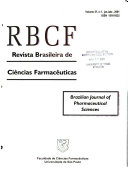
Review Article
High doses of vitamin C, vitamin D supplementation and natural honey can potentially decrease fatalities and support the management of COVID-19.
Rabby MII, Hossain F, Islam MA, Islam AKMS, Akhi IJ, Akter F

Review Article
Yu Xing Cao, a traditional Asian medicine, demonstrates organ protection, immune regulation, and anti-tumour activity when analysed in modern research.
Wu Z, Deng X, Hu Q, Xiao X, Jiang J, Ma X, Wu M
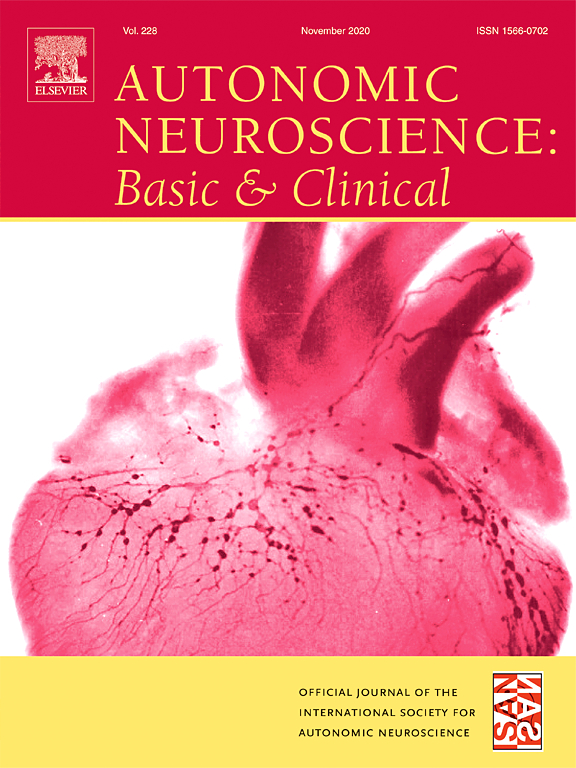
Review Article
Acupuncture, via nerve stimulation, can be a promising treatment strategy for controlling inflammation and improving organ function during sepsis by activating immune reflexes.
Pan WX, Fan AY, Chen S, Alemi SF.
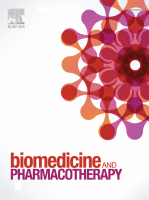
Traditional Chinese medicine could reduce the all-cause mortality in COVID-19 patients, inhibit virus replication and transcription, and attenuate the cytokine storm and immune deficiency caused by the SARS-CoV-2.
Xuedong An, YueHong Zhang, Liyun Duan, De Jin, Shenghui Zhao, RongRong Zhou, Yingying Duan, Fengmei Lian, Xiaolin Tong
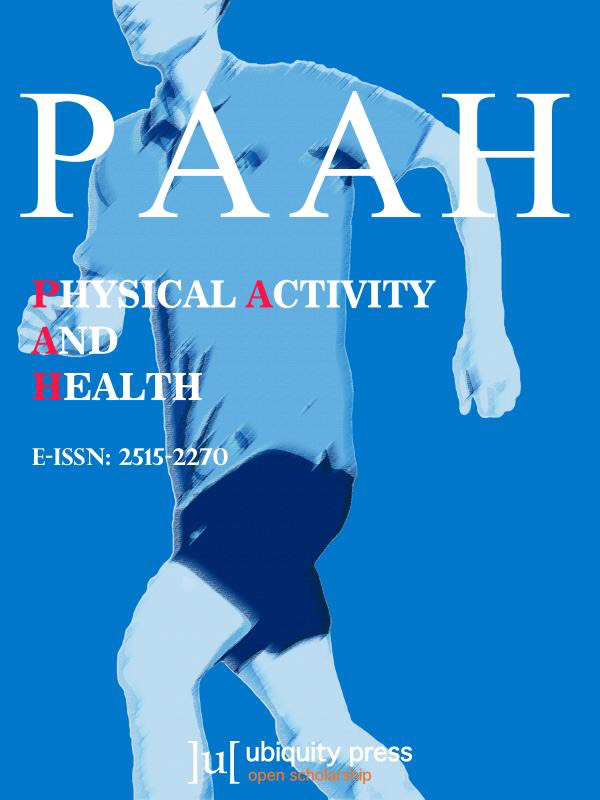
Systematic Review
All schools of Tai Chi chuan can improve the mental health of the elderly.
Xianjian C, Datao X

Experimental Study
Consumption of garlic boosts the production of nitric oxide and interferon-alpha in the body, which may prove beneficial in the management of viral or proliferative diseases.
Bhattacharyya M, Girish GV, Karmohapatra SK, Samad SA, Sinha AK
Executive Summary
Write an executive summary in the form of a blog article on the topic of "Research into Chinese medicine treatment for Immunity" summarising the research below and using language that can be easily understood by patients and avoiding medical jargon using a professional and caring tone of voice.
Write an executive summary in the form of a blog article on the topic of "Researched Chinese medicine treatments for Immunity" summarising the research below in an objective and easy to understand way, and using language that can be easily understood by patients. Group the article into Chinese medicine treatments first, followed by nutrition and other treatments. Avoid using medical jargon and use a professional and caring tone of voice.
Write me a concise but easy to understand executive summary on the topic of "Chinese medicine treatments for Immunity" based on the following research that I will give you. Your summary should be 2 paragraphs long in Australian English spelling and include references to the studies.
A Systematic Review published in 2024 in the journal Journal of Ethnopharmacology found that Guizhi Fuling Wan, a traditional Chinese herbal formula, can inhibit endometriosis growth and enhance the effects of western medicines used to treat the condition. In the methodology, a bibliographic assessment of publications on "Guizhi Fuling Wan" and "endometriosis" indexed in international and chinese databases was conducted. Out of these, five pre-clinical studies and thirteen clinical were selected. Thereafter, targeted molecules of each herb in the formula were extracted from a Traditional Chinese Medicine Systems Pharmacology Database and compared with endometriosis-related genes from DisGeNET. To expose potential therapeutic mechanisms of Guizhi Fuling Wan, pathway and gene ontology analyses were performed using David Bioinformatics Resources. In the results discussion, it was found that both pre-clinical and clinical studies suggested that Guizhi Fuling Wan can inhibit the growth of endometriotic lesions by modulating immunity, apoptosis-regulating molecules, and angiogenesis-associated factors, while also enhancing the effects of western medicines for endometriosis. The formula likely achieves this through its impact on key pathways involved in diabetes complications, Kaposi sarcoma-associated herpesvirus infection, human cytomegalovirus infection, and atherosclerosis, which all regulate inflammation, angiogenesis, and apoptosis. The review also notes a strong connection between endometriosis and abnormal inflammatory, angiogenic, and apoptotic activities.
A Theoretical Article published in 2023 in the journal Frontiers in Pharmacology found that Traditional Chinese medicine has been found to effectively treat ulcerative colitis by repairing various components of the damaged intestinal mucosal barrier. In the methodology, the study sought to uncover the efficacy of Traditional Chinese medicine (TCM) in treating ulcerative colitis (UC). The research began by acknowledging the key role that damage to the intestinal mucosal barrier plays in the development of UC. It then explored how TCM could combat UC by protecting and repairing various aspects of this barrier including the physical, chemical, immune, and biological barrier. In the results discussion, it was discovered that TCM not only increases the number of intestinal epithelial cells, tight junction proteins, and mucins, but also encourages the proliferation of intestinal stem cells, restores the abundance of the intestinal microbiota, and modulates immunity in the gut. Moreover, the study identified several upstream proteins and signaling pathways that were activated in the process. This gives hope to future treatment plans for UC using TCM, with the study providing a fundamental theoretical basis and new ideas for future investigations.
A Review Article published in 2023 in the journal Chinese Herbal Medicines found that Chinese herbal medicines could potentially relieve ulcerative colitis by moderating the gut microbiota and intestinal immunity loop. The study emphasizes on the possible use of Chinese herbal medicines, which include single herbs, herbal formulas and derived constituents, in treating ulcerative colitis (UC), a recurring inflammatory bowel disease. With a focus on how these medicines interact with and modify the gut microbiota, the mechanism involves regulating the intestinal homeostasis to counter UC. It deals with balancing microbial dysbiosis, or the imbalance of microbes in the body, and abnormal gut immunity, two key initiators of inflammatory responses in UC. The paper reviews several clinical trials which have been conducted, all exhibiting the effectiveness of Chinese herbal medicines on patients diagnosed with UC. In the trials, these derived substances have shown a protective effect against UC, offering the potential possibility of them being explored as conventional methods of UC treatments in the future. Not every trial has resulted in absolute success, but the overall results are promising and indicate a robust potential direction for UC treatment science.
A Review Article published in 2023 in the journal Journal of Biosciences and Medicines found that Noni fruit juice enhances immune system function, primarily by boosting natural killer cell activity and increasing interferon-gamma production, which promotes phagocytosis. The research was conducted using several human, animal, and in vitro studies to gain insight into the immunomodulatory effects of noni fruit juice. They observed the impact on natural killer cell activity and monitored interferon-gamma production to assess improvements in immune function. Further investigation was carried out to identify how noni influences this process, with a focus on kinase 1/2, protein kinase B, and nuclear factor-kappa-beta signaling. In addition, they carried out trials to evaluate the antioxidant properties of noni juice. The studies showed that noni juice significantly enhances the immune system's function. This was evidenced by an increase in natural killer cell activity, which likely contributes to improved health outcomes and survival times as seen in previous case reports. Furthermore, they saw an increase in interferon-gamma production, known to boost natural killer cell activity and phagocytosis. They also discovered that noni promotes regulatory cytokine expression, which supports immune response. Additionally, noni juice demonstrated considerable antioxidant properties, implying a positive effect on oxidative status, a key player in immune function.
A Review Article published in 2022 in the journal Applied Sciences found that Honey, owing to its bioactive compounds, demonstrates potential in treating COVID-19 symptoms by reducing oxidative damage and enhancing the immune system. The review outlines the SARS-CoV-2 virus's mechanisms of action, which is responsible for COVID-19, offering a comprehensive understanding. It also explores the various bioactive assets honey has at its disposal, primarily focusing on its beneficial properties. The discussion elaborates on the potentials of honey's biological properties, especially its antioxidant and anti-inflammatory activities. These characteristics of honey, as suggested by the review, could contribute to the relief of oxidative damage and boost the immune system, thereby proving beneficial in combating viral infections, including COVID-19.
A Review Article published in 2022 in the journal Molecules found that Cherries and blueberries, rich in phenolic compounds, can be effectively used in pharmaceutical products, smart foods, functional beverages, and nutraceuticals to prevent or treat diseases. The research primarily studied the health-promoting potential of cherries and blueberries, given their high nutritional density and substantial phenolic compounds. The focus was on their ability to counteract oxidative stress markers and suppress pro-inflammatory responses, which are significant factors in chronic diseases such as diabetes. The researchers analyzed these fruits for their potential incorporation into various products such as pharmaceutical preparations, smart foods, functional beverages, and nutraceuticals. In the discussion of the results, it was emphasized how cherries and blueberries exhibit significant biological potential. They were not only seen as effective in combatting oxidative stress and inflammation but also as potential immune boosters. The conclusions underscored the fruits' potential role as functional foods and their relevance to the burgeoning popularity of functional beverages, hinting at their promise for inclusion in a variety of health-related products.
A Experimental Study published in 2022 in the journal Frontiers in Pharmacology found that The Chaihu Shugan Formula, a traditional Chinese medicine, not only effectively modulates intestinal gut microbiota but also strengthens gut barrier integrity and contains powerful anti-inflammatory properties. The study began by analysing the impact of the Chaihu Shugan Formula (CSF) on the simulated colonic microbiota of five healthy donors, while concurrently examining gut barrier integrity, and intestinal immunity. This was achieved by marrying the use of the simulator of the human intestinal microbial ecosystem technology platform with the co-culture of intestinal and immune cells. The examination revealed an increase in the production of certain healthy short-chain fatty acids, a boost in health-promoting Bifidobacterium species, and a decrease in certain pathogenic branching short-chain fatty acids. The proceeding phase of the study investigated the influence of colonic fermentation of CSF on gut barrier and intestinal immunity utilizing the Caco-2/THP1-blue™ cell co-culture model. The research demonstrated that CSF induces protective effects on inflammation-induced intestinal epithelial barrier disruption. Concurrently, the study benignly revealed the treatment of CSF unfailingly unveiling pronounced anti-inflammatory properties induced by the stimulation of anti-inflammatory cytokines IL-6 and IL-10 and the reduction of the pro-inflammatory cytokine TNF-α.
A Review Article published in 2022 in the journal Pharmacological Research - Modern Chinese Medicine found that The Jing Si Herbal Drink, composed of various antiviral, antioxidant and anti-inflammatory herbs, has been confirmed as potentially effective in treating COVID-19 symptoms. The methodology incorporated in this study involves analyzing the efficacy of the component herbs present in Jing Si Herbal Drink (JSHD). This was done through in vivo and in vitro testing to understand their potential in treating COVID-19. JSHD comprises a combination of 5 antiviral, 7 antioxidant, 7 anti-inflammatory herbs. Furthermore, it includes 2 herbs that inhibit the overactive immune system, one herb that reduces cell apoptosis, and another with antithrombotic ability. These constituent herbs were evaluated for their impact on the pathogenesis of COVID-19. Discussion of the results showed that the ingredients in JSHD have demonstrated potential effectiveness against COVID-19. The active ingredients in the drink were effective in providing symptomatic relief for infected patients. The antiviral, antioxidant, and anti-inflammatory herbs, along with those altering immune response, inhibiting cellular apoptosis and providing antithrombotic capacity, were all found beneficial against the disease. Thus, JSHD holds promise as a useful adjuvant or supplementary treatment in handling COVID-19.
A Review Article published in 2022 in the journal Evidence-Based Complementary and Alternative Medicine found that Acupuncture can regulate both innate and adaptive immunity of IBD patients, including the balance of Th17/Treg and Th1/Th2 cells, and also modulate intestinal flora. The methodology of the research revolved around a review of existing studies related to the treatment of Inflammatory Bowel Disease (IBD) via acupuncture. The broad scope of exploration focused on the effects of acupuncture on the immunomodulatory mechanism inherent in these patients. The review pursued a detailed study of how acupuncture directly influenced both the innate and adaptive immunity systems in IBD patients as well as its regulation on their intestinal flora. The results discussion revealed that acupuncture had multiple immunomodulatory effects on IBD patients. On one hand, it influenced their innate immunity by regulating elements such as their intestinal epithelial barriers, toll-like receptors, NLRP3 inflammasomes, oxidative stress, and endoplasmic reticulum stress. On the other hand, it affected their adaptive immunity by modulating the balance of Th17/Treg and Th1/Th2 cells. Furthermore, an interesting revelation from the study was that acupuncture could also significantly regulate the intestinal flora of the patients.
A Review Article published in 2022 in the journal Brazilian Journal of Pharmaceutical Sciences found that High doses of vitamin C, vitamin D supplementation and natural honey can potentially decrease fatalities and support the management of COVID-19. The team undertook a systematic analysis of existing literature and pertinent clinical trials to evaluate the potential of vitamin C, vitamin D, and natural honey intervention during the progression of the COVID-19 pandemic. This assessment aimed to determine the impact of these substances upon the outcomes of COVID-19, particularly in reducing respiratory damage and potentially improving patient immunity. The research revealed that substantial doses of vitamin C illustrated to lower lung damage and reduce intensive care stay duration for COVID-19 patients. It was observed that vitamin D deficiency is common among individuals living in institutions, and having supplements could aid in defending against respiratory infections. Natural honey, due to its antiviral effects and immune-enhancement capacities, also displayed promising results in treating COVID-19. The acquired evidence drove the belief that administering vitamin C, vitamin D, and natural honey, along with the existing treatment protocols, could potentially be a compelling method to decrease fatalities associated with COVID-19.
A Review Article published in 2021 in the journal Frontiers in Pharmacology found that Yu Xing Cao, a traditional Asian medicine, demonstrates organ protection, immune regulation, and anti-tumour activity when analysed in modern research. The methodology used in this review began by harnessing key search terms such as 'H. cordata and lung', 'H. cordata and heart', 'H. cordata and liver', and 'H. cordata and inflammation' to query research databases including PubMed, Web of Science and ScienceDirect. The focus was on articles published within the past decade that aligned significantly with the chosen keywords. Contents, disease models and research methods from these articles were analysed to form a comprehensive understanding of H. cordata's therapeutic effects. Results from the review found that H. cordata contained a variety of chemical constituents common to medicinal plants, including flavonoids and volatile oils, identified as the main active components. The plant demonstrated a range of pharmacological activities including organ protection, where it reduced the release of inflammatory factors to alleviate lung injury. The immunity regulation aspect enhanced immune barriers in the vagina, oral cavity, and intestinal tract, reducing pathogen infection due to its combined antibacterial and antiviral activity. It was also observed to have anti-inflammatory and anti-tumour properties, with a noted effect on lung, liver, colon, and breast tumours.
A Review Article published in 2021 in the journal Autonomic Neuroscience: Basic and Clinical found that Acupuncture, via nerve stimulation, can be a promising treatment strategy for controlling inflammation and improving organ function during sepsis by activating immune reflexes. The study used a neuromodulation approach, leveraging the technique of peripheral nerve stimulation through acupuncture. This was linked with known somatic-autonomous-immune reflexes with the aim to control inflammation and improve organ functions in sepsis cases. The local and systematic effects of this methodology were largely achieved through the activation of several reflexes. These included the somatic-sympathetic-splenic reflex, the somatic-sympathic-adrenal reflex, the somatic-vagal-splenic reflex, and the somatic-vagal-adrenal reflex. The activation of these particular reflexes is what sets acupuncture apart from other nerve stimulation techniques. In terms of results, the method used for immunomodulation and inflammation control showed considerable promise for sepsis treatment. The acupuncture procedure achieved regulation by activating appropriate reflexes which in turn produced a systemic effect, thereby controlling inflammation and enhancing organ function. The research findings underscore acupuncture as an effective therapy, providing significant advantages for immunomodulation in acute inflammation such as sepsis, leading to a comprehensive, evidence-based therapy recommendation.
A published in 2021 in the journal Biomedicine & Pharmacotherapy found that Traditional Chinese medicine could reduce the all-cause mortality in COVID-19 patients, inhibit virus replication and transcription, and attenuate the cytokine storm and immune deficiency caused by the SARS-CoV-2. Presently, there is good evidence that TCM can effectively alleviate the symptoms of patients with suspected and confirmed COVID-19, delay the progression from mild and moderate to severe and critical disease, and reduce severe and critical all-cause mortality. The role of TCM is related to affecting the transcription, replication, and binding of SARS-CoV-2 to the host and attenuating the cytokine storm and weak immunity in patients with COVID-19.
A Systematic Review published in 2021 in the journal Physical Activity and Health found that All schools of Tai Chi chuan can improve the mental health of the elderly. Tai Chi's potential mechanisms include reducing anxiety, relieving depression and stress, enhancing pulmonary and cardiovascular function, enhancing immunity and improving quality of life.
A Experimental Study published in 2007 in the journal Journal of Interferon & Cytokine Research found that Consumption of garlic boosts the production of nitric oxide and interferon-alpha in the body, which may prove beneficial in the management of viral or proliferative diseases. Researchers gathered ten different groups consisting of ten volunteers each, who were then directed to eat 2 grams of fresh garlic. Plasma levels of nitric oxide (NO) and interferon-alpha (IFN-alpha) were promptly measured after 2 and 4 hours. This process was repeated with participants consuming garlic over varying periods of time, and the levels of NO and IFN-alpha were likewise assayed. Uncooked garlic only was found to raise the baseline plasma level of NO and simultaneously increase the basal plasma IFN-alpha level. Chronic garlic intake was noted to keep IFN-alpha at high levels for a minimum of seven days. In the examination of the level of NO and IFN-alpha in isolated neutrophils (a type of white blood cell), both in vivo and in vitro, the cells' exposure to garlic was documented to stimulate the synthesis of NO and IFN-alpha. This was indicated by the prompted production of IFN-alpha mRNA synthesis, asserting that ingestion of garlic can stimulate the production of these substances in the human body.
Moderation Tools
Topic
Sign In
Users not signed in are limited to viewing the 5 most recent items of content.